Κείμενο
Χαίρετε, ονομάζομαι Στέλιος Πανταζής, είμαι γιατρός εξειδικευμένος στην ιατρική διατροφολογία και στις διαταραχές του μεταβολισμού και σήμερα θα ήθελα να σας μιλήσω για την σχέση της βιταμίνης D και του νεανικού διαβήτη. Όσες φορές μέχρι τώρα σας έχω μιλήσει για διαβήτη αναφέρομαι αποκλειστικά στην συχνή μορφή που εμφανίζεται συνήθως σε ενήλικες και σχετίζεται με αυξημένο βάρος, κακές επιλογές στην διατροφή, έλλειψη άσκησης και τα λοιπά. Σήμερα όμως θα ήθελα να μιλήσω για την νεανική μορφή, που αποκαλείται και διαβήτης τύπου 1, και εμφανίζεται συχνότερα σε παιδια. Ο νεανικός διαβήτης απαιτεί πολλές μετρήσεις του σακχάρου του αίματος και θεραπεία με ενέσεις ινσουλίνης. Ευτυχώς, δεν εμφανίζεται συχνά. Σε αντίθεση με τον διαβήτη των ενηλίκων, ο νεανικός διαβήτης δεν σχετίζεται με διατροφή, άσκηση και γενικά τον τρόπο ζωής, γιατί πρόκειται για μια αυτοάνοση πάθηση. Σήμερα θα αναφερθώ σε έναν μόνο παράγοντα που σχετίζεται με την πιθανότητα εμφάνισής του, τα επίπεδα βιταμίνης D. Η συσχέτιση της εμφάνισης νεανικού διαβήτη και την βιταμίνης D ξεκίνησε ως ιδέα όταν είδαμε ότι σε περιοχές μεγαλύτερης ηλιοφάνειας η πιθανότητα εμφάνισής του ήταν πιο σπάνια. Σε αυτό το διάγραμμα βλέπουμε ότι η πιθανότητα εμφάνισης νεανικού διαβήτη αυξάνεται όταν αυξάνεται η απόσταση από τον ισημερινό. Παρόλα αυτά, η διαφορά ανάμεσα στην Κούβα, που αναφέρει σπανιότερα περιστατικά νεανικού διαβήτη, σε σχέση με την Φινλανδία δεν εξαντλείται στην ηλιοφάνεια. Συνάμα όμως γνωρίζουμε ότι η βιταμίνη D είναι ένας παράγοντας που προστατεύει από αυτοάνοσα γενικά, οπότε μερικοί επιστήμονες αναζήτησαν μήπως τα επίπεδα βιταμίνης D σχετίζονται με μικρότερη πιθανότητα εμφάνισης νεανικού διαβήτη. Και φαίνεται ότι αυτό ισχύει γιατί, όπως βλέπετε στο διάγραμμα, όταν τα επιπεδα της βιταμίνης D είναι χαμηλά, τότε η πιθανότητα εμφάνισης νεανικού διαβήτη αυξάνεται μέχρι και 3,5 φορές. Άρα, καλό είναι να επιτρέπεται στα παιδιά να εκτίθενται στον ήλιο και καλό είναι επίσης να μετράτε την βιταμίνη D έτσι ώστε να

ξέρετε αν χρειάζεται κάποια μορφή αντιμετώπισης. Κλείνοντας, θα ήθελα να συμπληρώσω ότι υπάρχουν και μελέτες που υποστηρίζουν ότι τα συμπληρώματα βιταμίνης D μειώνουν την πιθανότητα εμφάνισης νεανικού διαβήτη. Μάλιστα, έχει γίνει και μια ανάλυση όλων των μέχρι τώρα δεδομένων που δείχνουν ότι η βιταμίνη D σε συμπληρώματα διατροφής σε μεγάλες δόσεις μπορεί να μειώσει σημαντικά την πιθανότητα εμφάνισης νεανικού διαβήτη, μέχρι και 29%. Αυτά τα στοιχεία είναι πολύ σημαντικά, αλλά όπως τονίζω πάντα, πριν χρησιμοποιήσετε συμπληρώματα διατροφής για τα παιδιά σας πρέπει οπωσδήποτε να μιλήσετε με τον παιδίατρο που σας παρακολουθεί. Σε καμία περίπτωση δεν πρέπει να δώσετε συμπληρώματα διατροφής στα παιδιά σας χωρίς την συμβουλή του γιατρού που σας παρακολουθεί. Αν βρήκατε το θέμα ενδιαφέρον, σας παρακαλώ, να πατήσετε το κουμπί μου αρέσει, να το μοιραστείτε με άτομα που θα το βρουν ενδιαφέρον και να εγγραφείτε στο κανάλι για να σας ενημερώνουμε για μελλοντικά θέματα. Επίσης, μπορείτε να χρησιμοποιήσετε τα σχόλια για να ζητήσετε να παρουσιάσουμε ένα θέμα στο μέλλον. Σας ευχαριστώ πολύ.

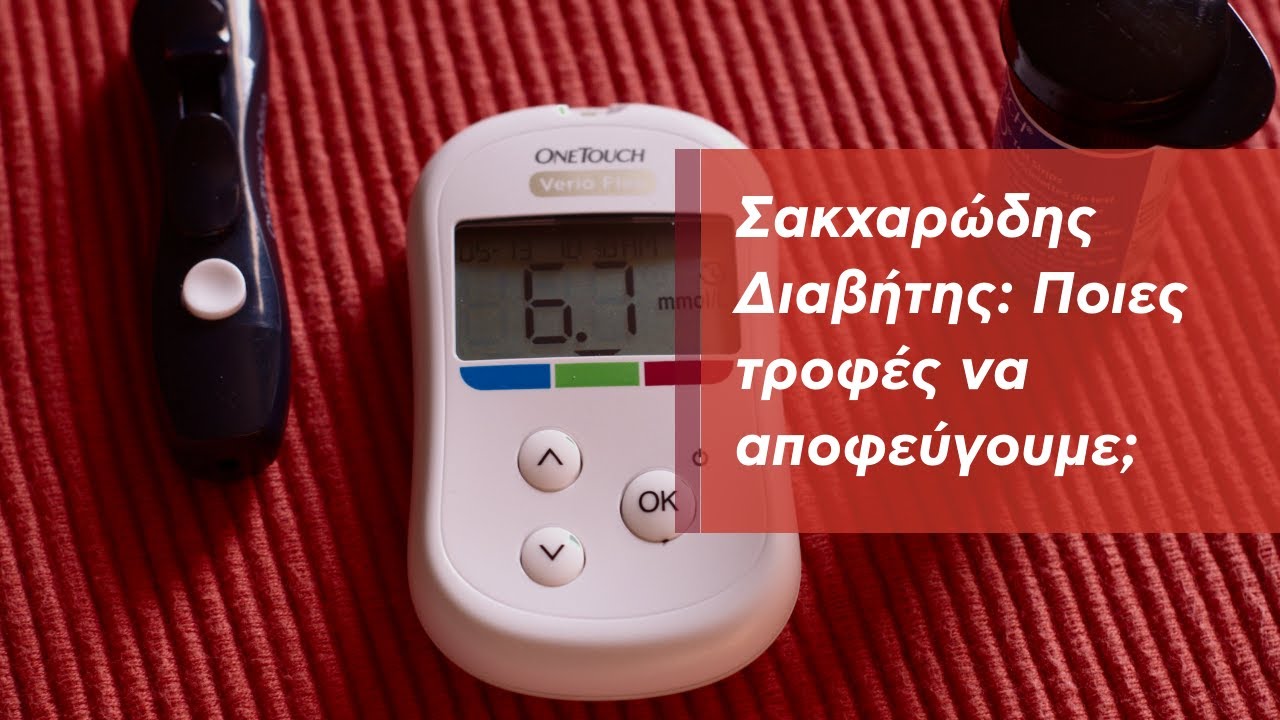



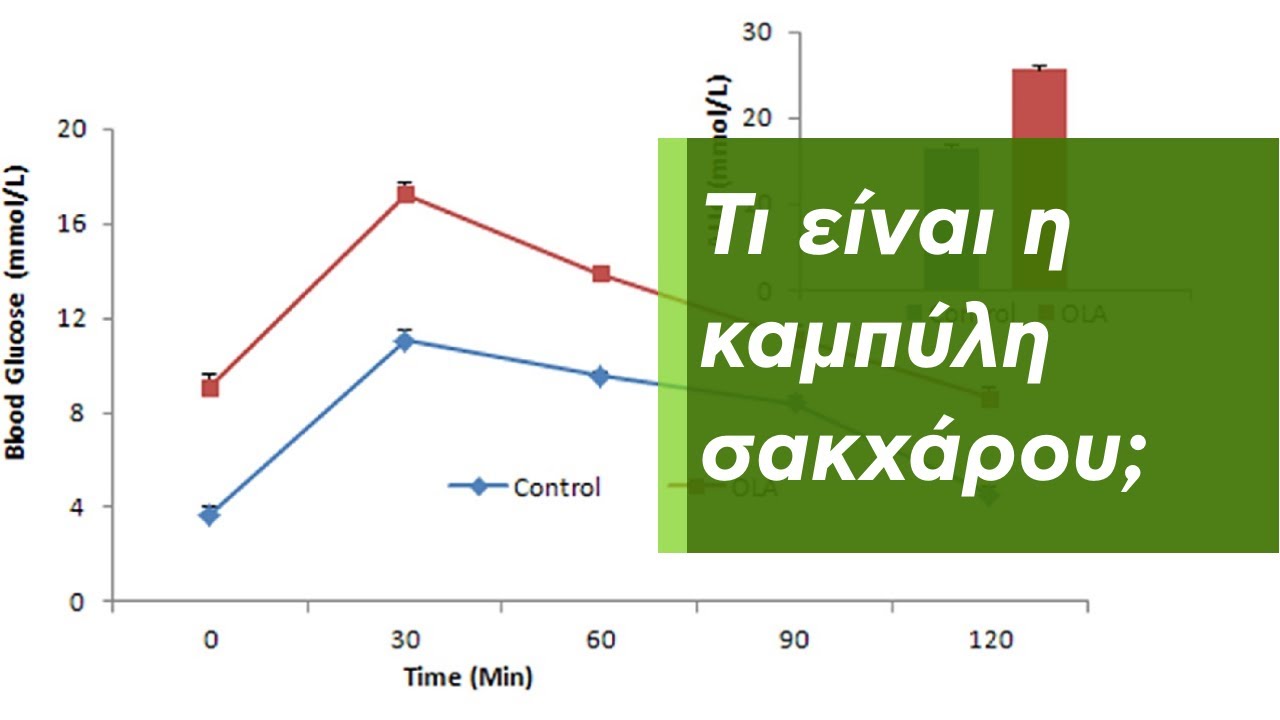
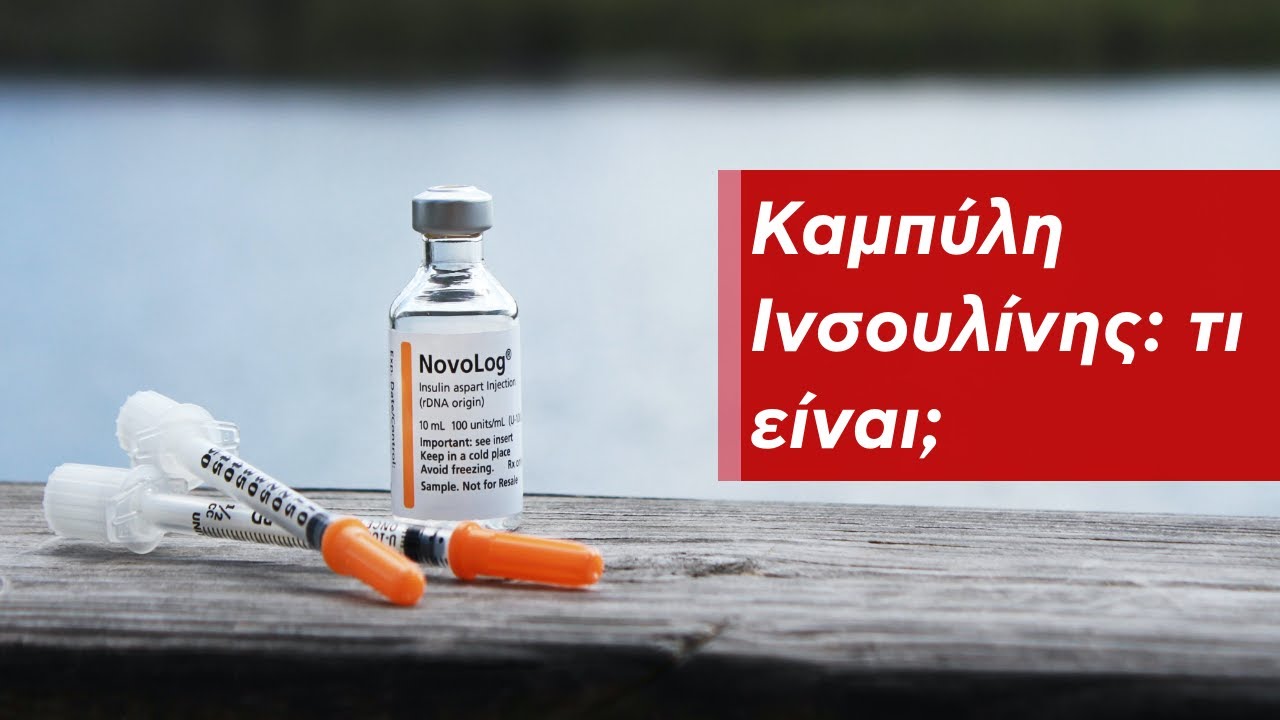
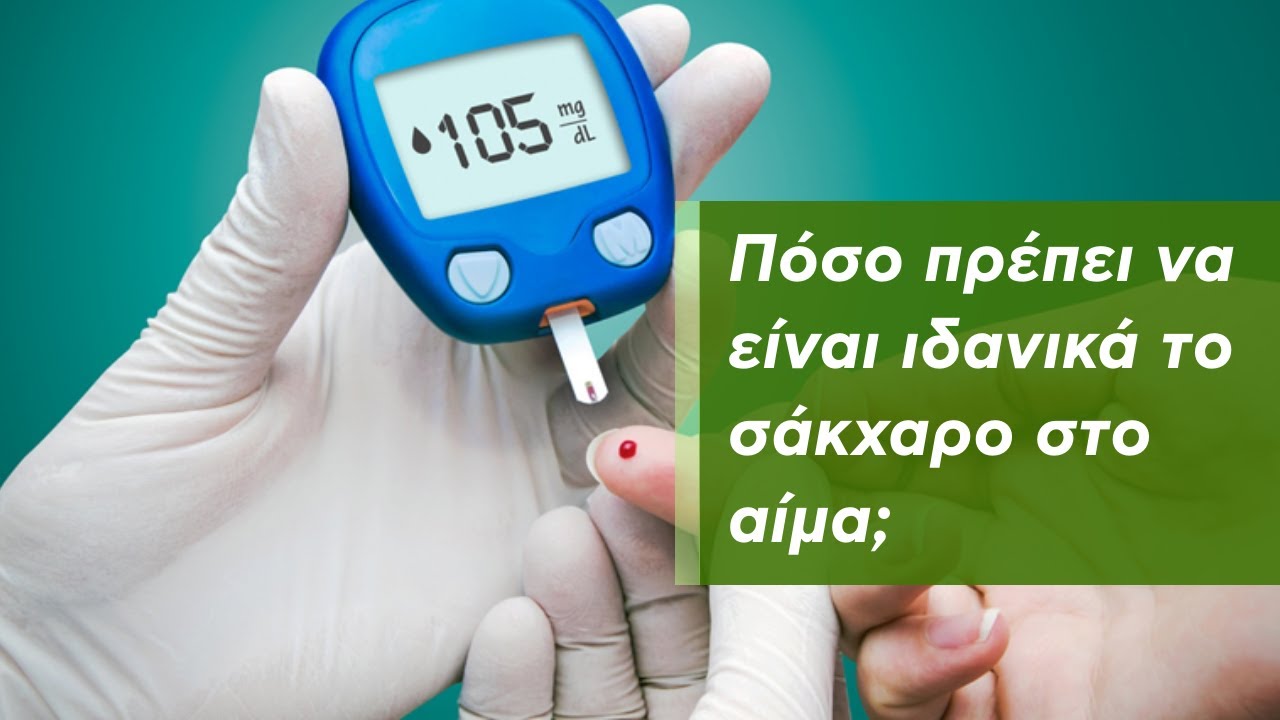



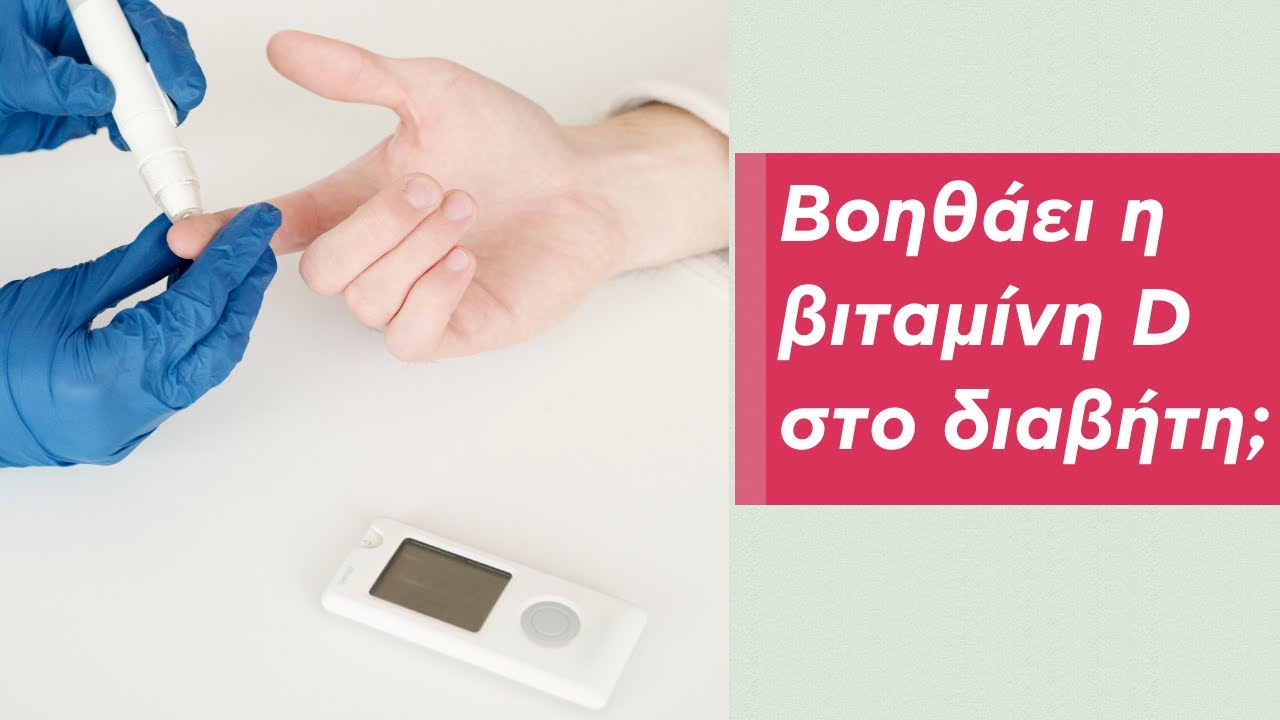












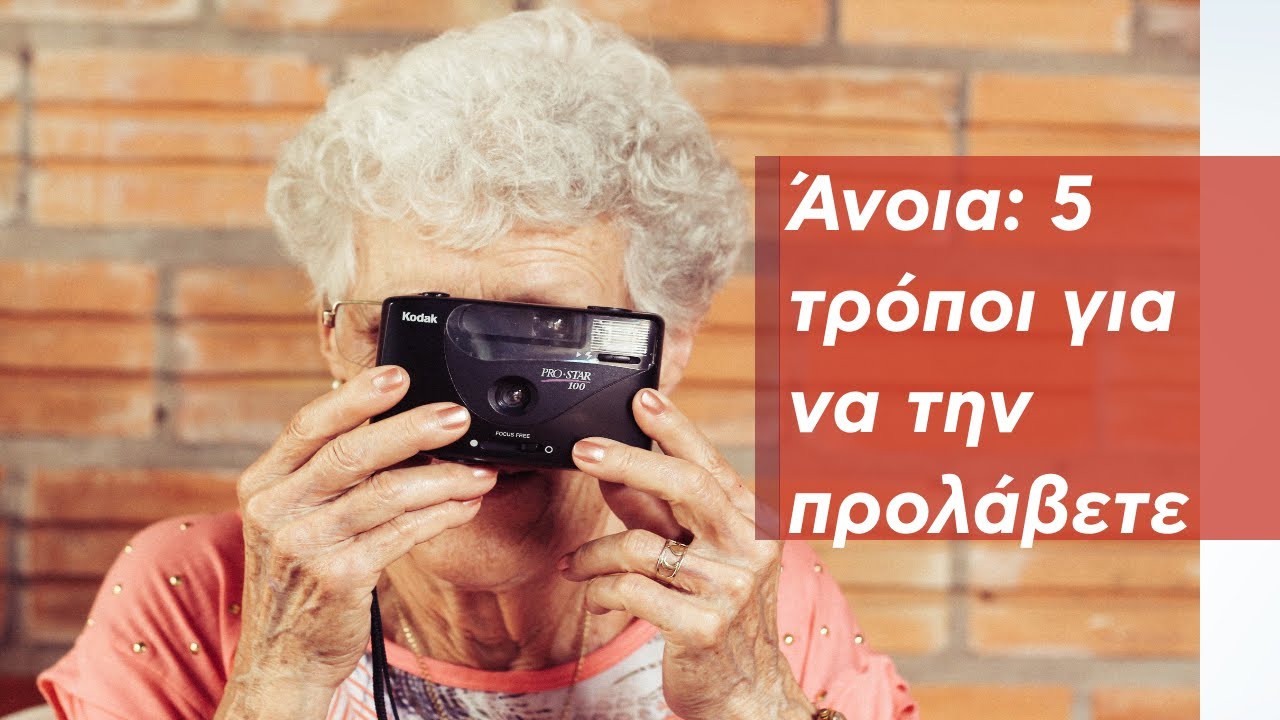











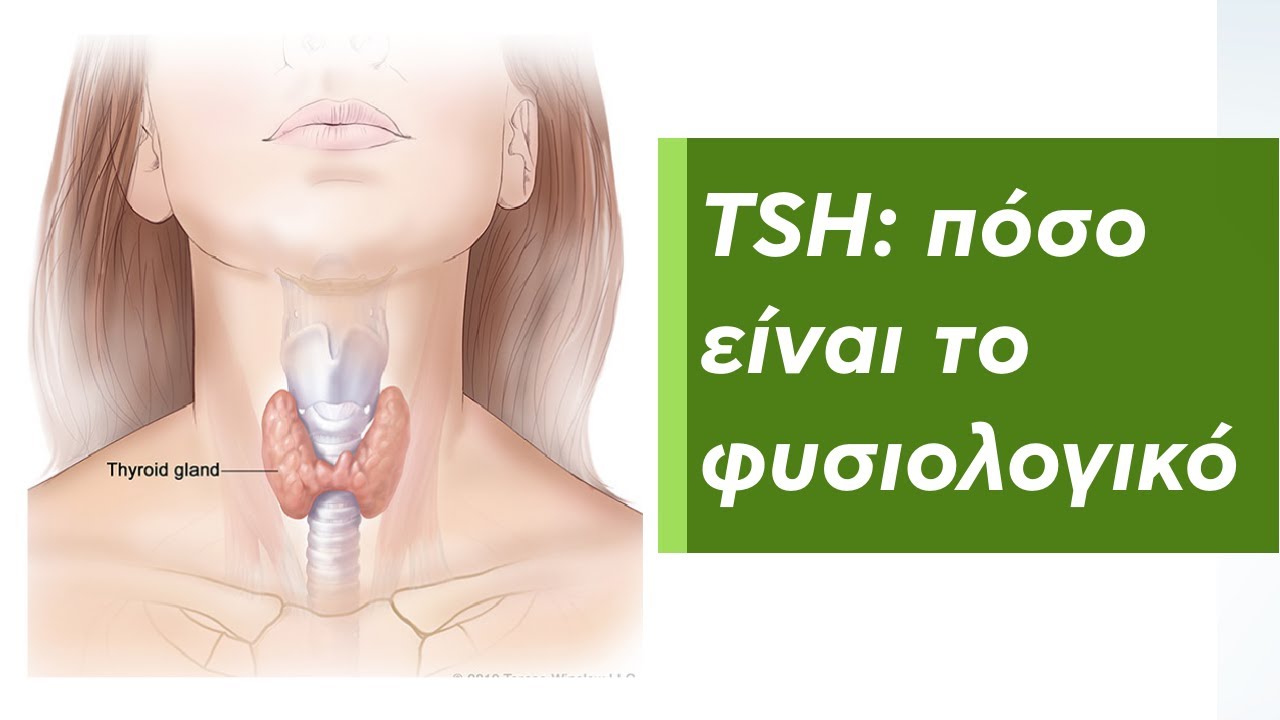













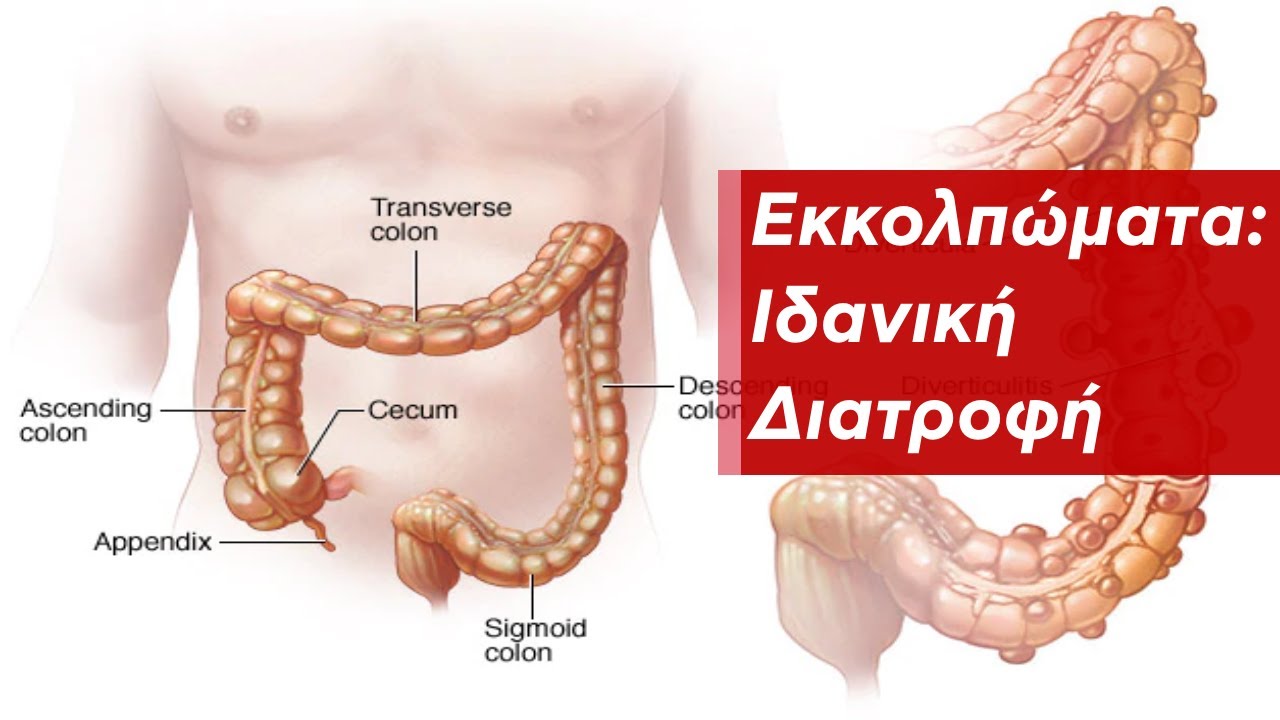



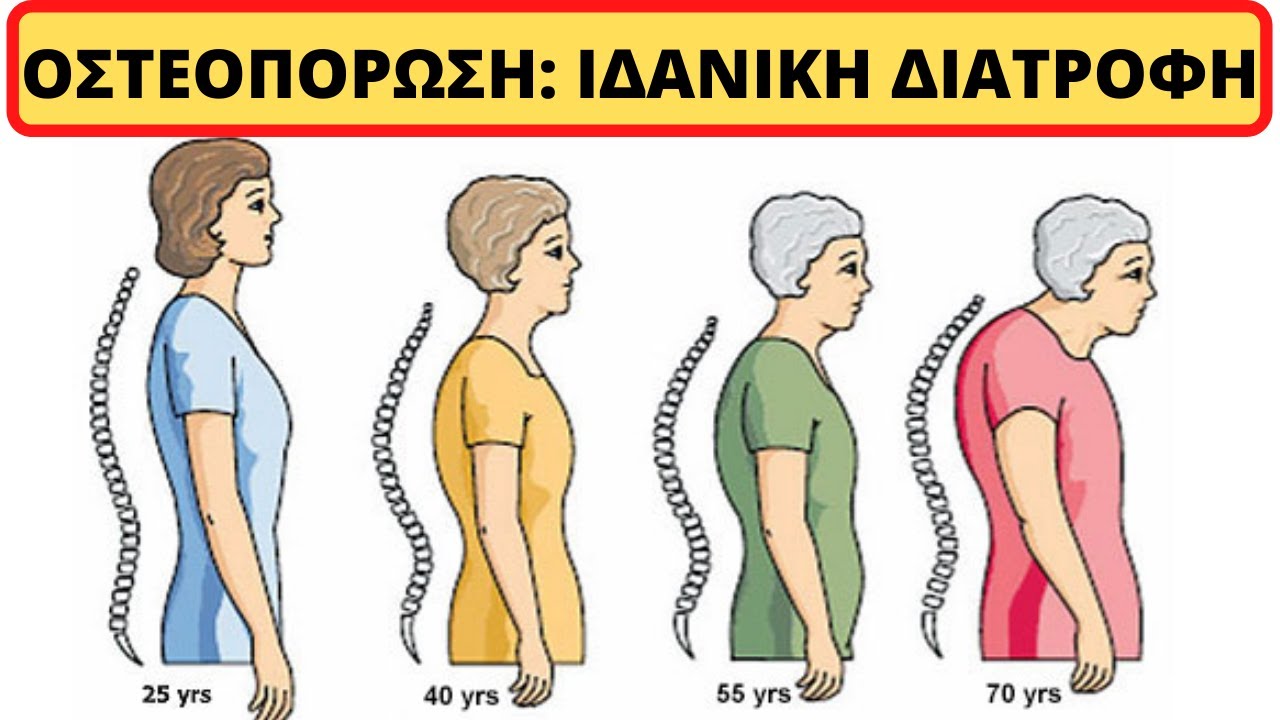


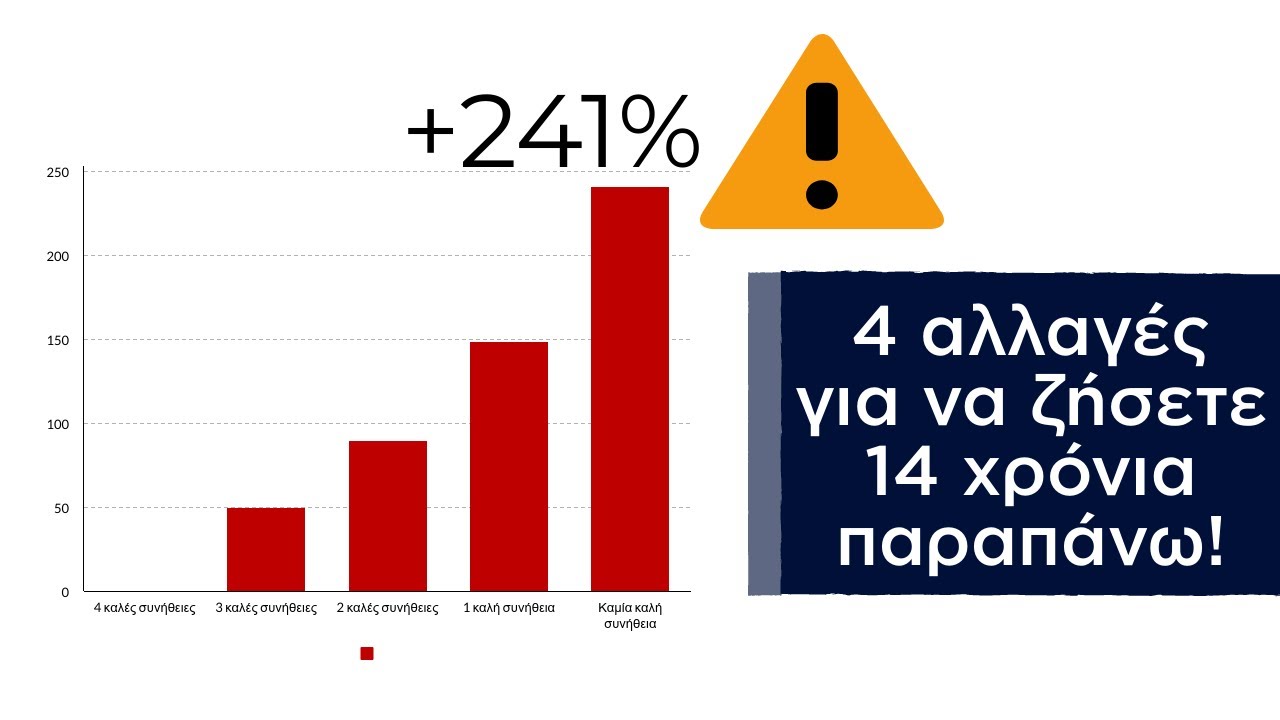

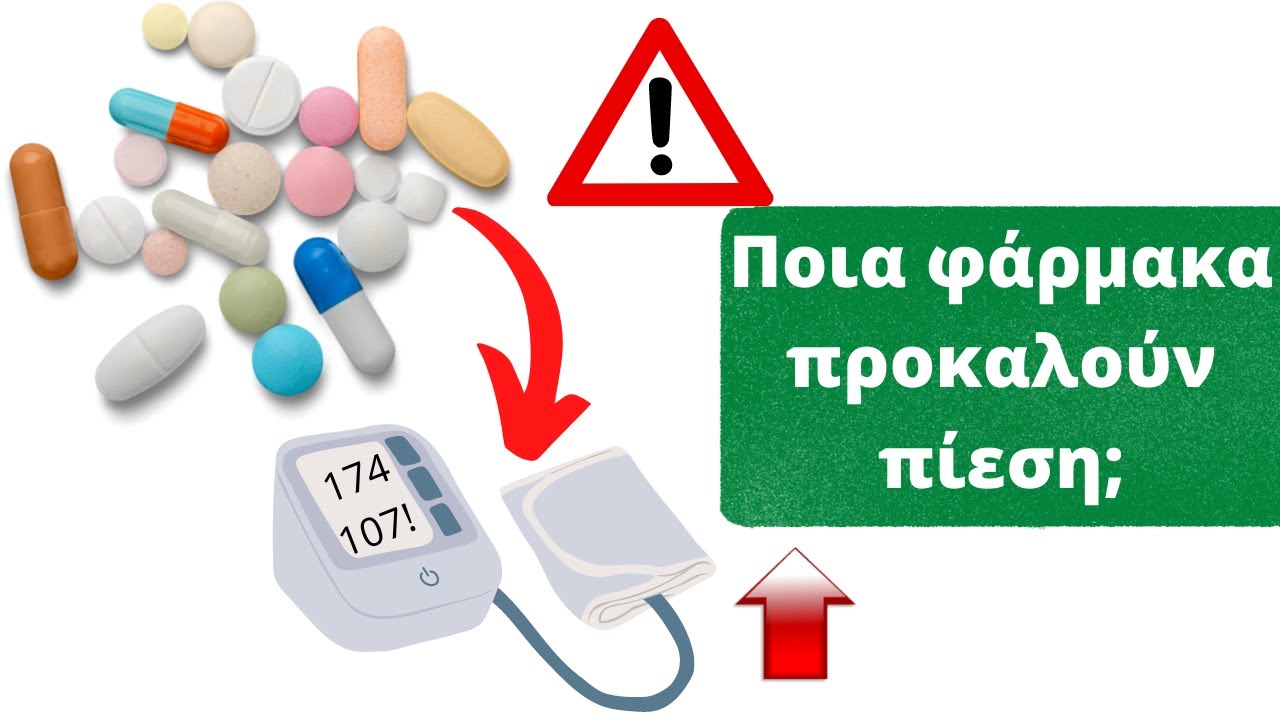







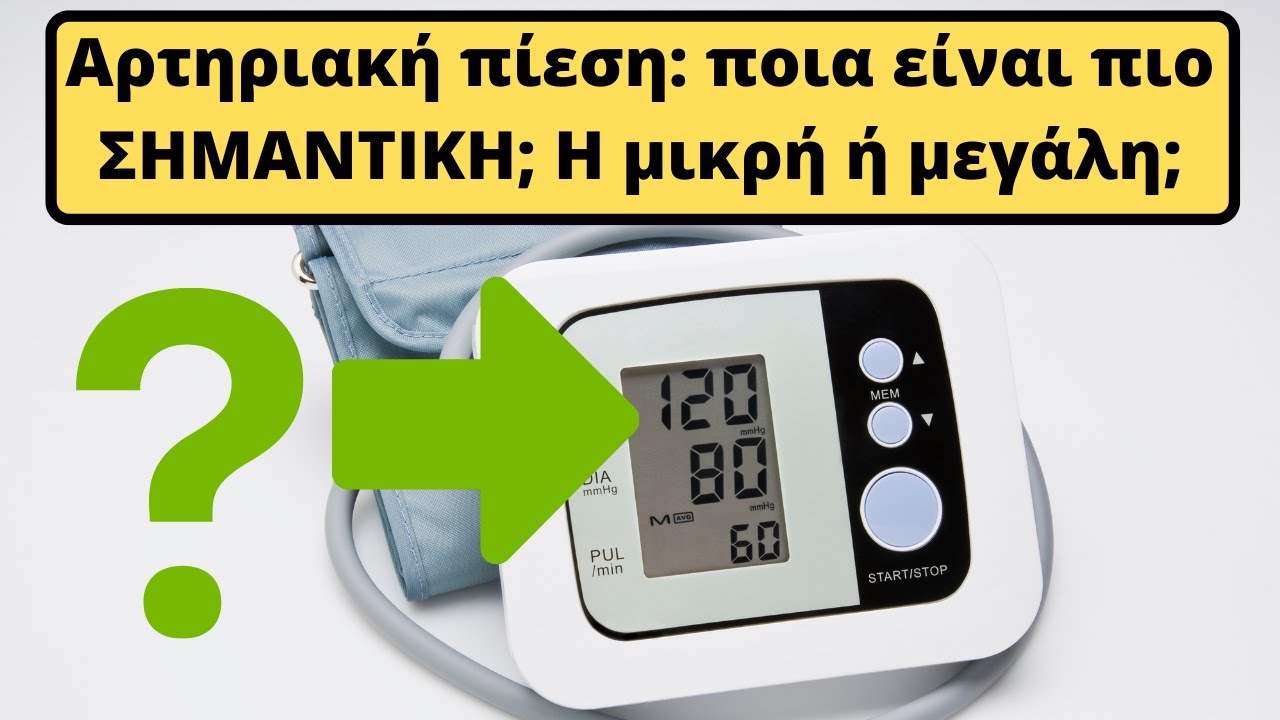
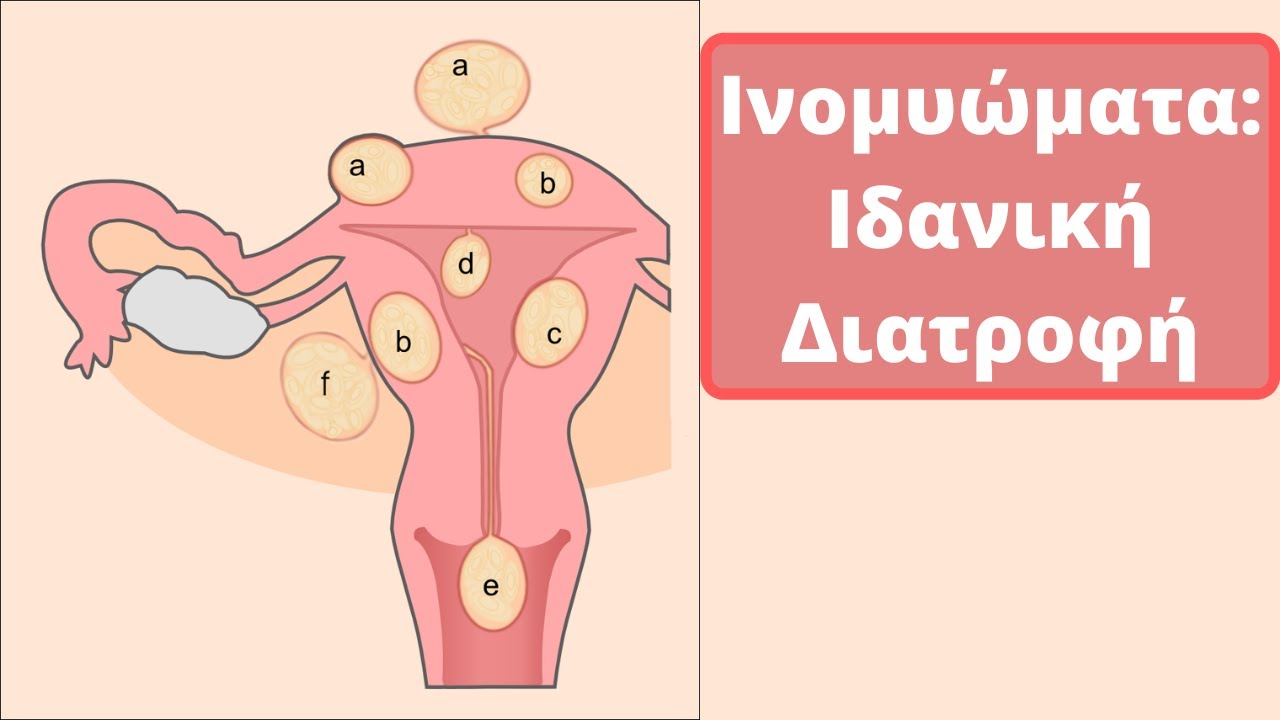




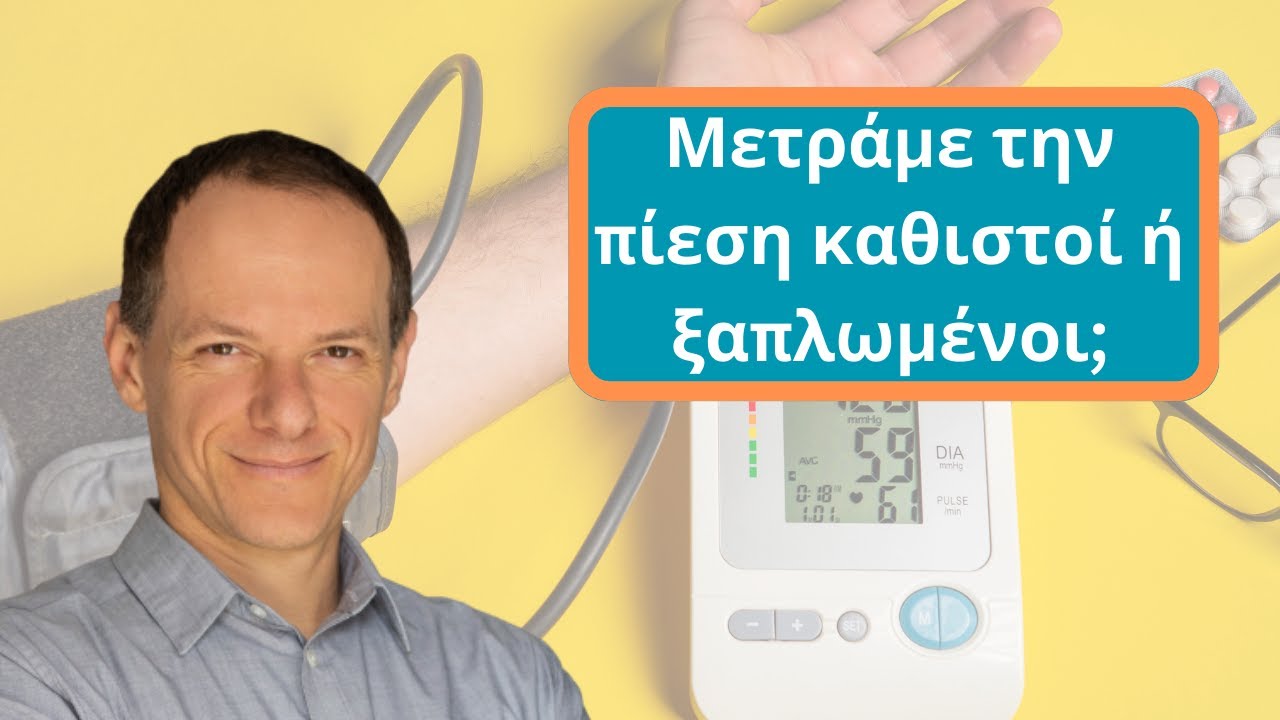


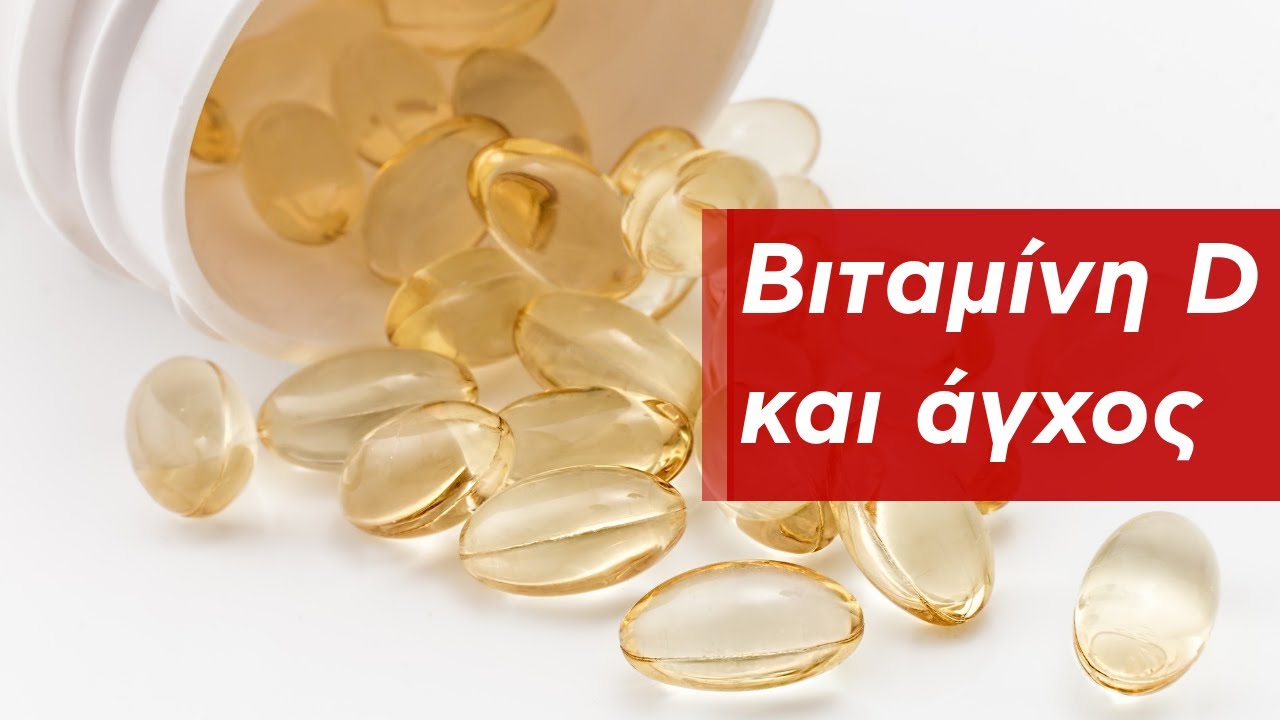










0 Σχόλια